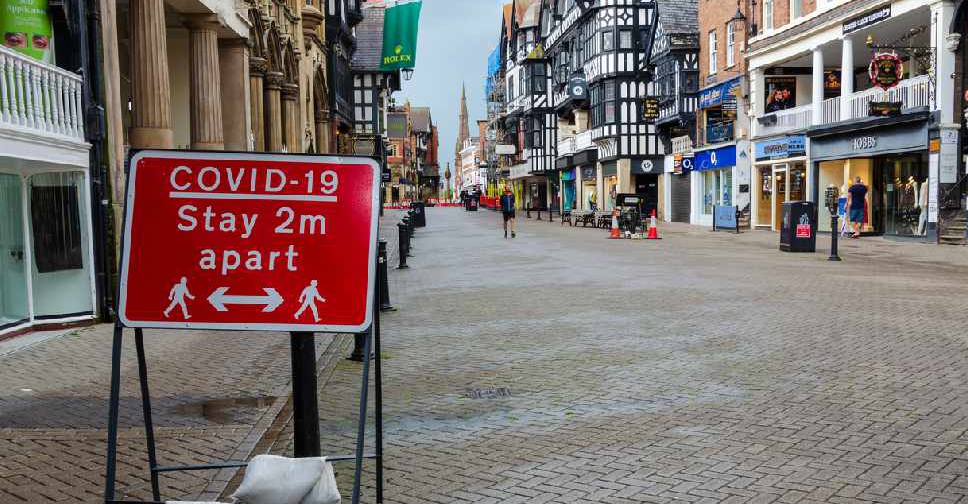
Britain will lift most of its remaining COVID-19 restrictions on July 19 in what has been dubbed "Freedom Day", the government said on Monday.
The announcement came despite fears that an increase in coronavirus cases could lead to more deaths.
Prime Minister Boris Johnson had hoped to unlock Britain's economy last week.
But with coronavirus cases rising, driven largely by the more transmissible Delta variant, the government postponed the date until July 19 amid criticism from many businesses which want lockdown to end to try to recoup their losses.
"With every day that goes by it's clearer to me and all our scientific advisers that we're very likely to be in a position on July 19 to say that really is the terminus and we can go back to life as it was before COVID as far as possible," Johnson told reporters.
Health Minister Sajid Javid confirmed the decision in parliament, saying he had spent his first day in the job studying the data to see if the next stage of easing restrictions, called step four, could go ahead any earlier.
"Whilst we decided not to bring forward step four, we see no reason to go beyond the 19th of July," he told parliament, urging the public to stick to the restrictions for now.
"July 19th remains our target date. The prime minister has called it our terminus date. For me, the 19th of July is not only the end of the line but the start of a exciting new journey for our country."
Britain, which has one of the highest official death tolls from COVID, is seeing case numbers rise again, with daily increases topping 10,000 in recent days. But officials say a mass vaccination campaign is weakening the link between cases and deaths.

 UK inquiry finds 'chilling' cover-up of infected blood scandal
UK inquiry finds 'chilling' cover-up of infected blood scandal
 Iranian President Raisi killed in helicopter accident, state media says
Iranian President Raisi killed in helicopter accident, state media says
 ICC prosecutor seeks arrest warrants for Israeli, Hamas leaders
ICC prosecutor seeks arrest warrants for Israeli, Hamas leaders
 Assange given permission to appeal against US extradition
Assange given permission to appeal against US extradition
 Israel intends to broaden Rafah sweep, Defence Minister tells US
Israel intends to broaden Rafah sweep, Defence Minister tells US




